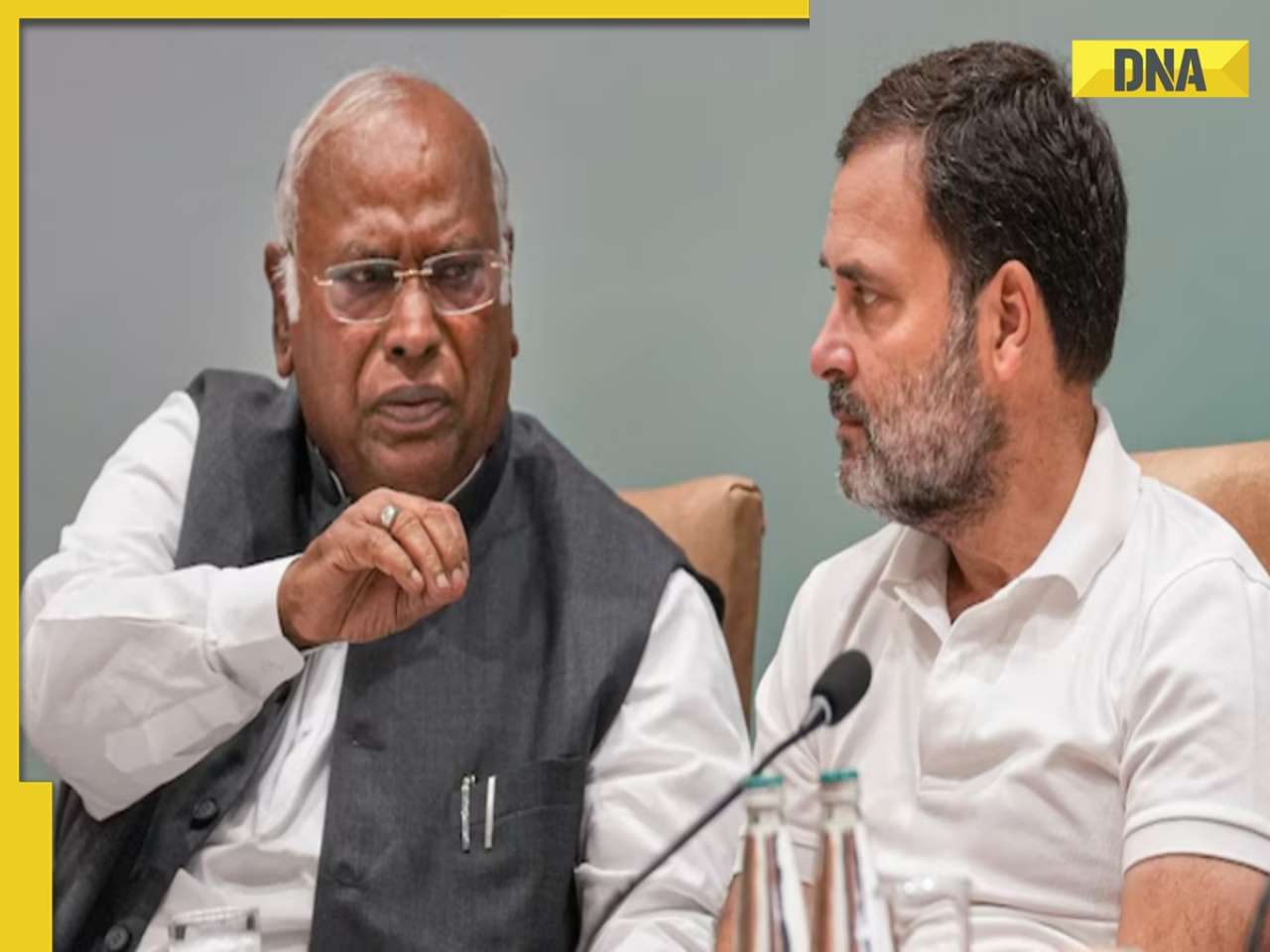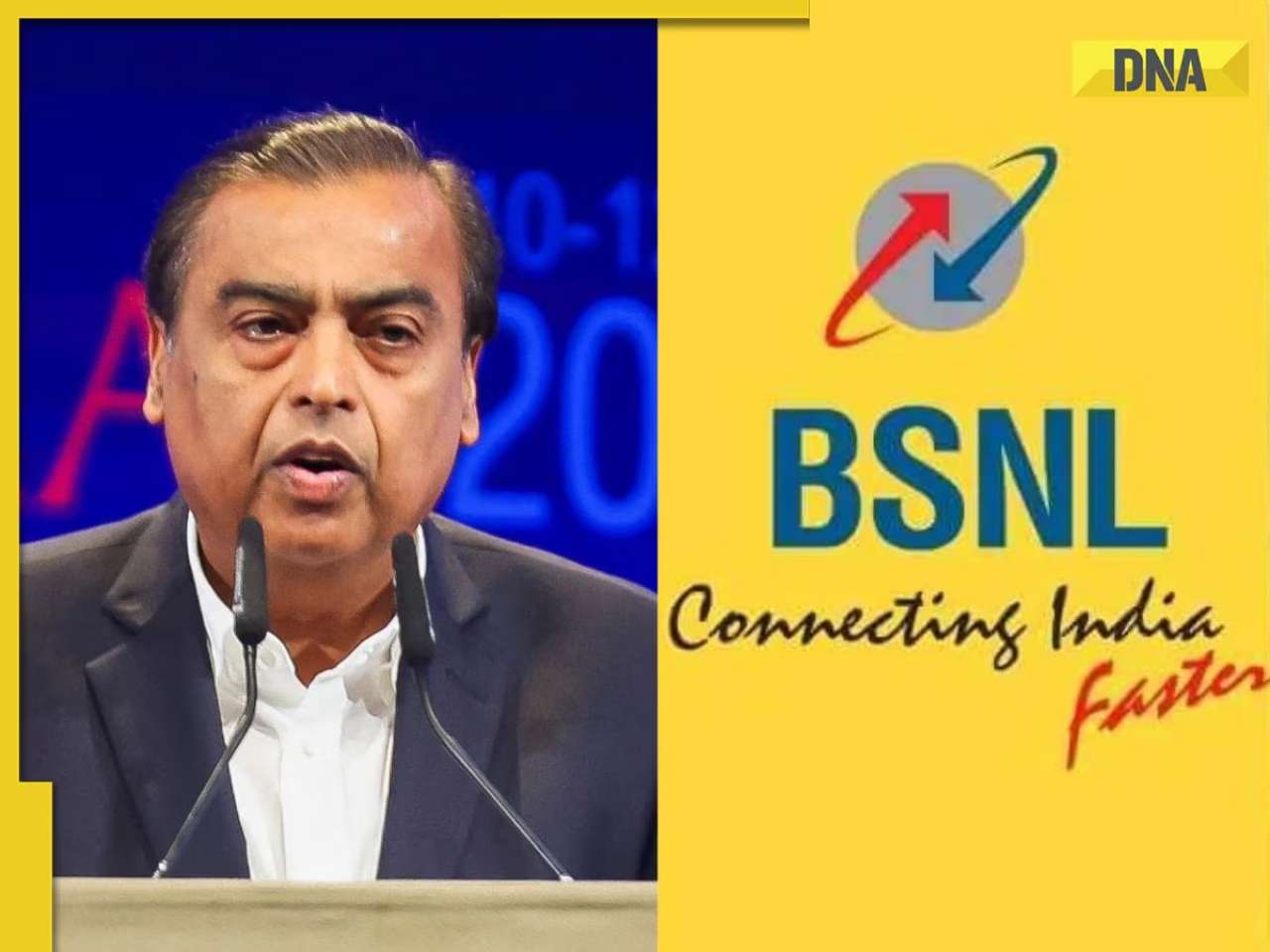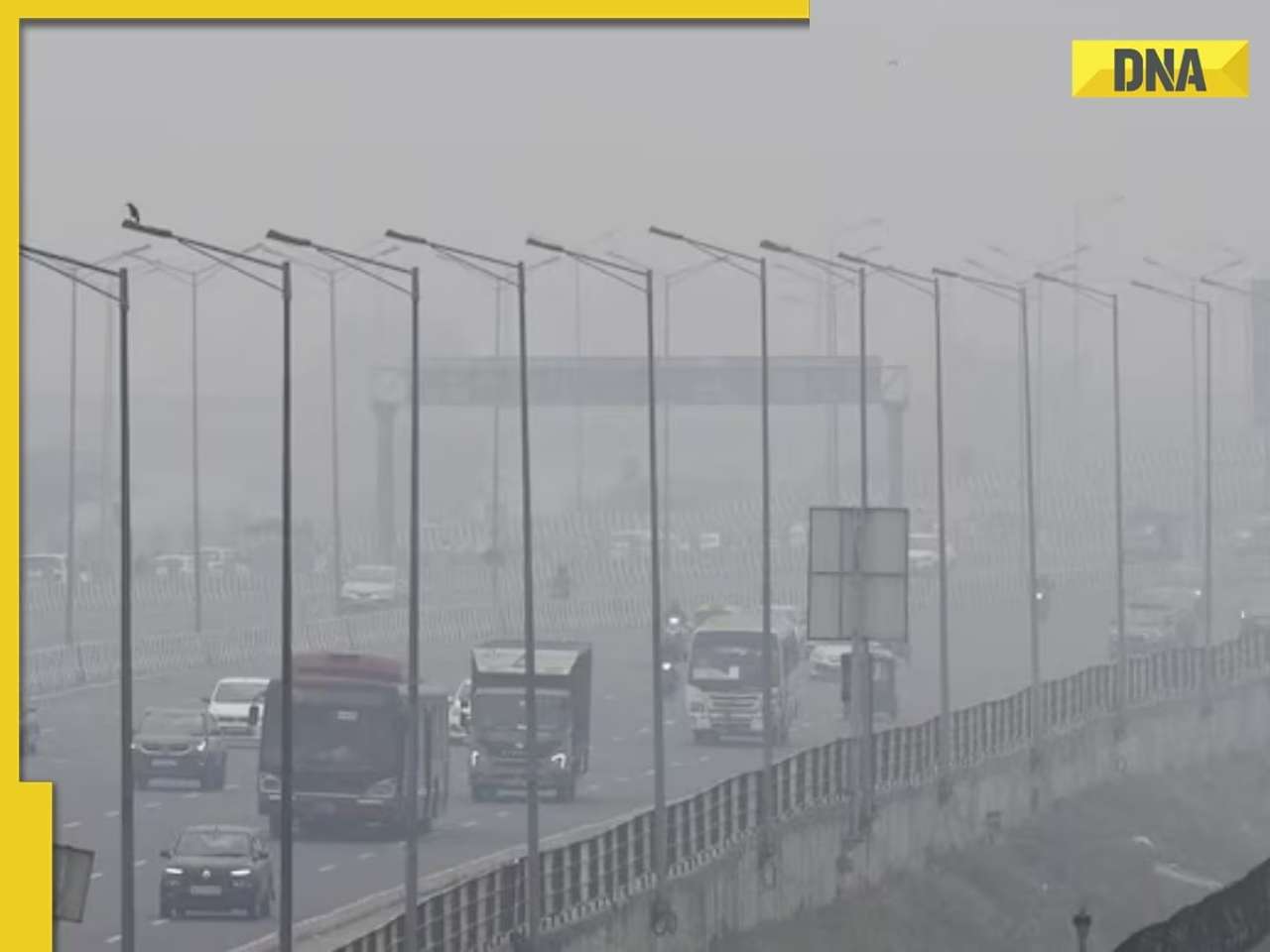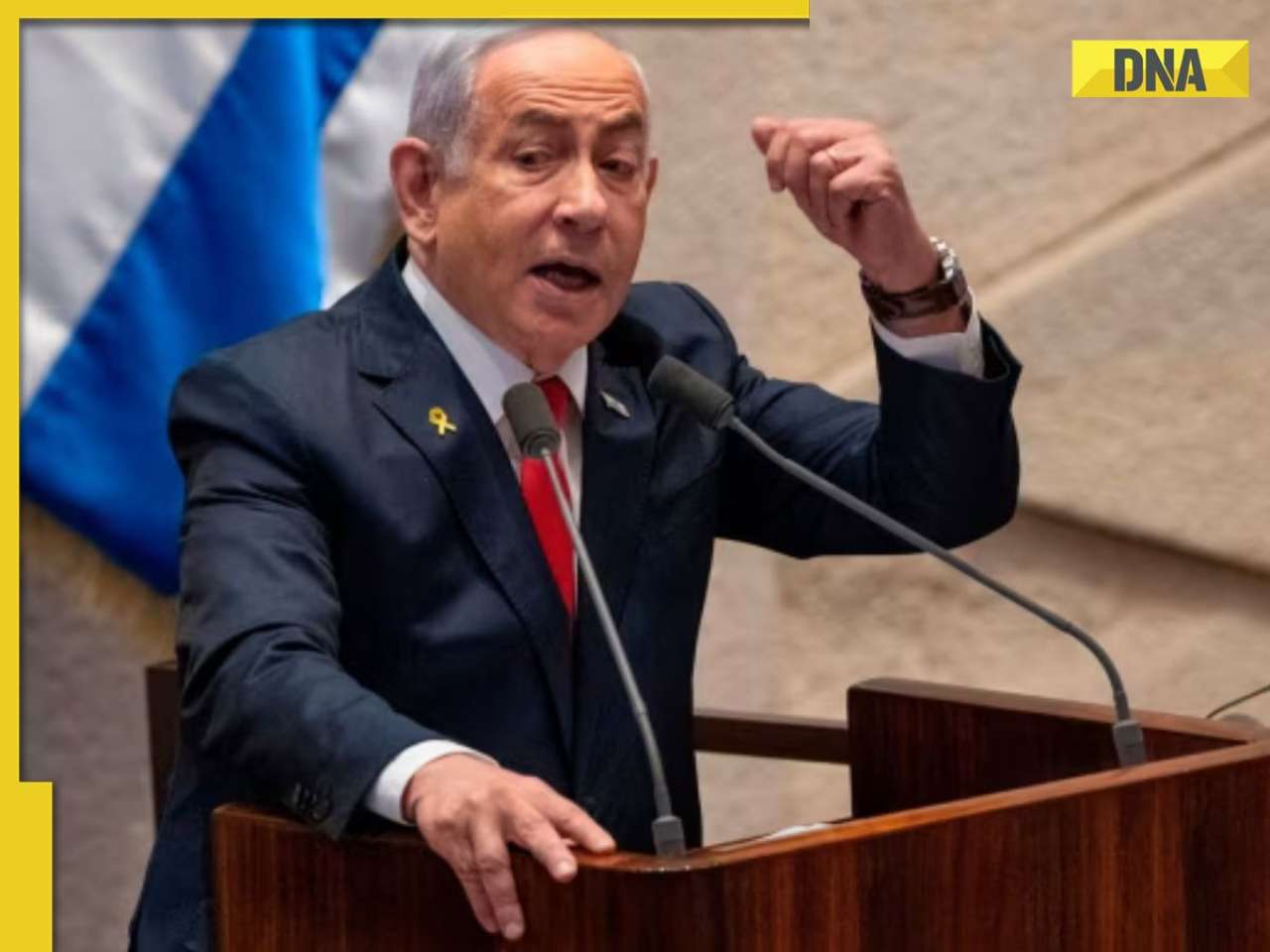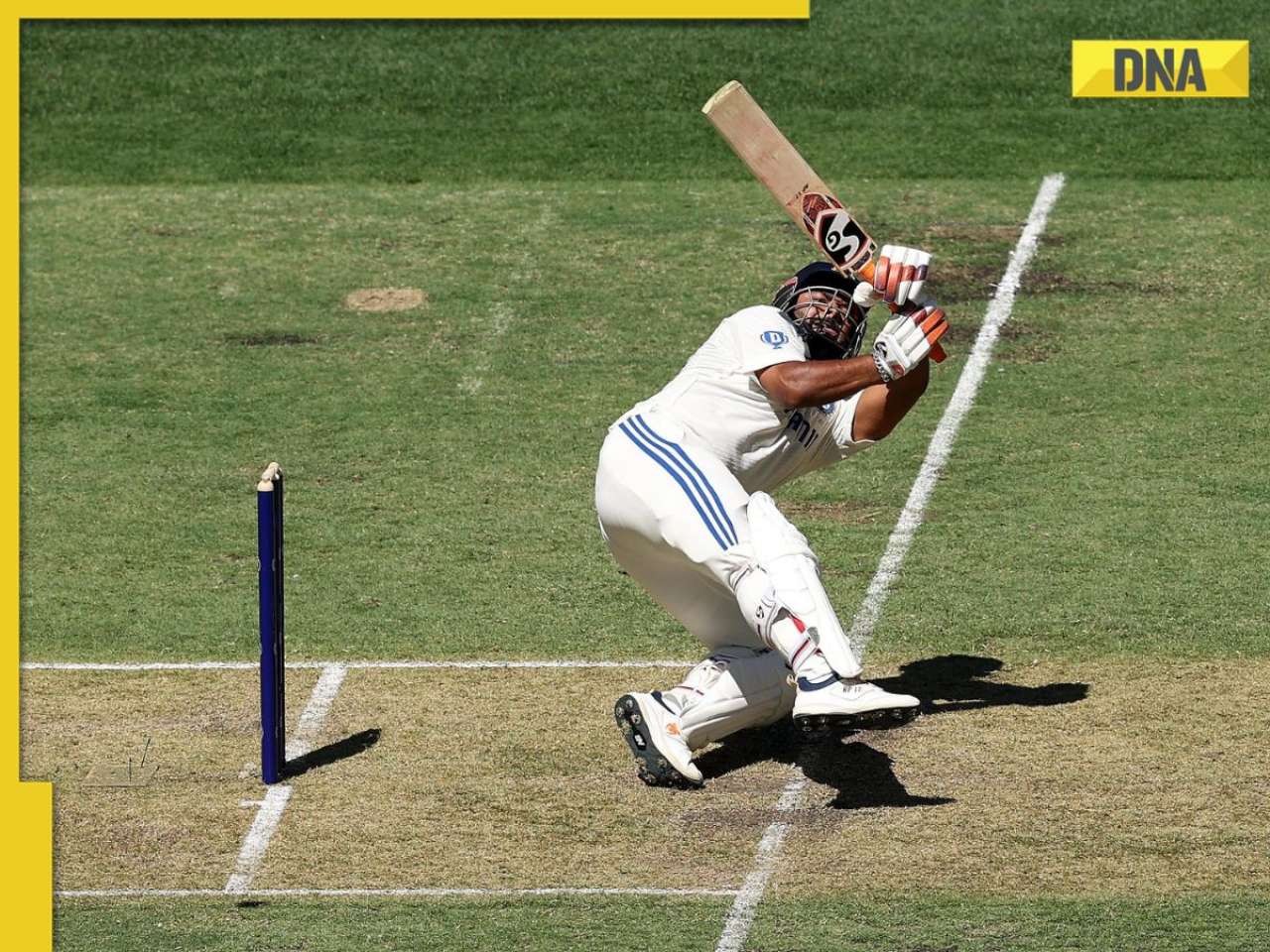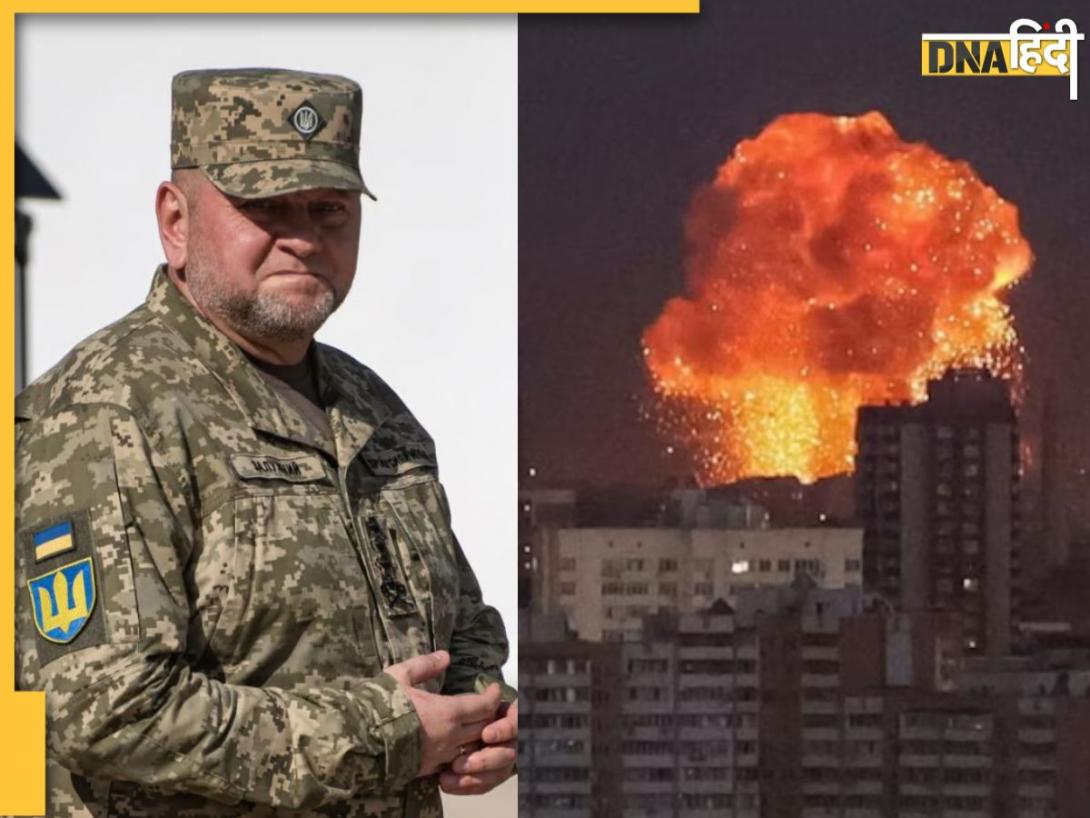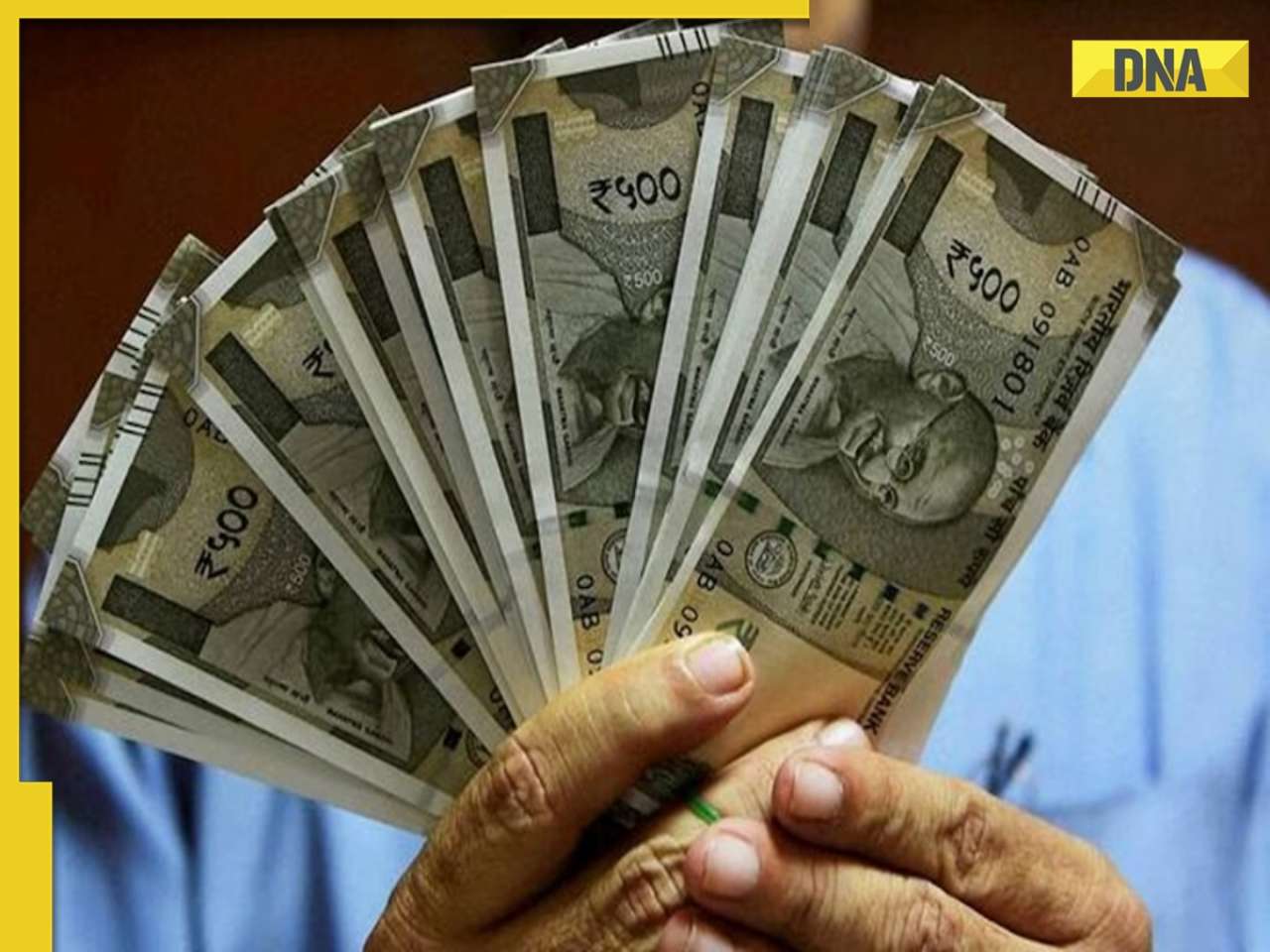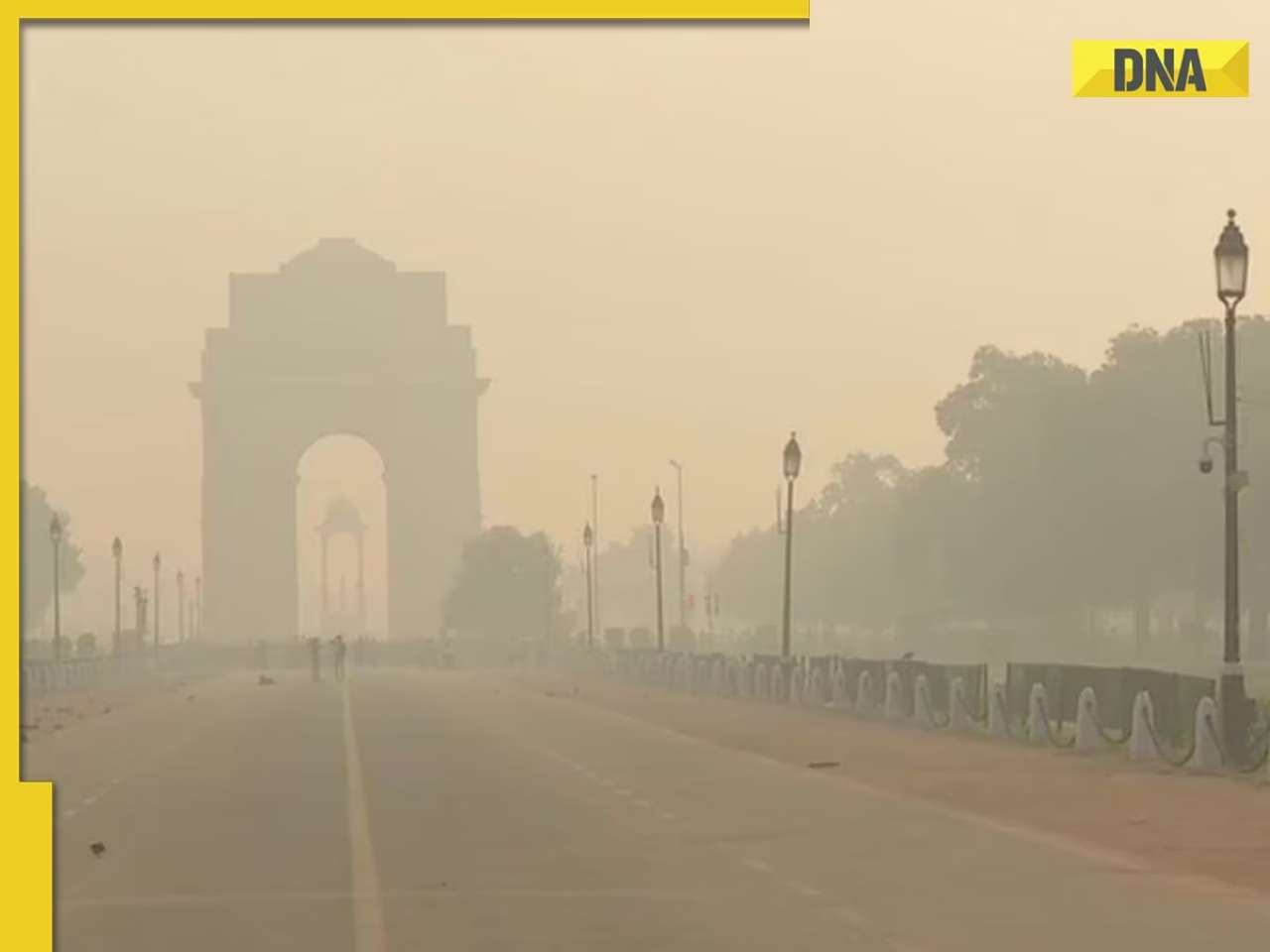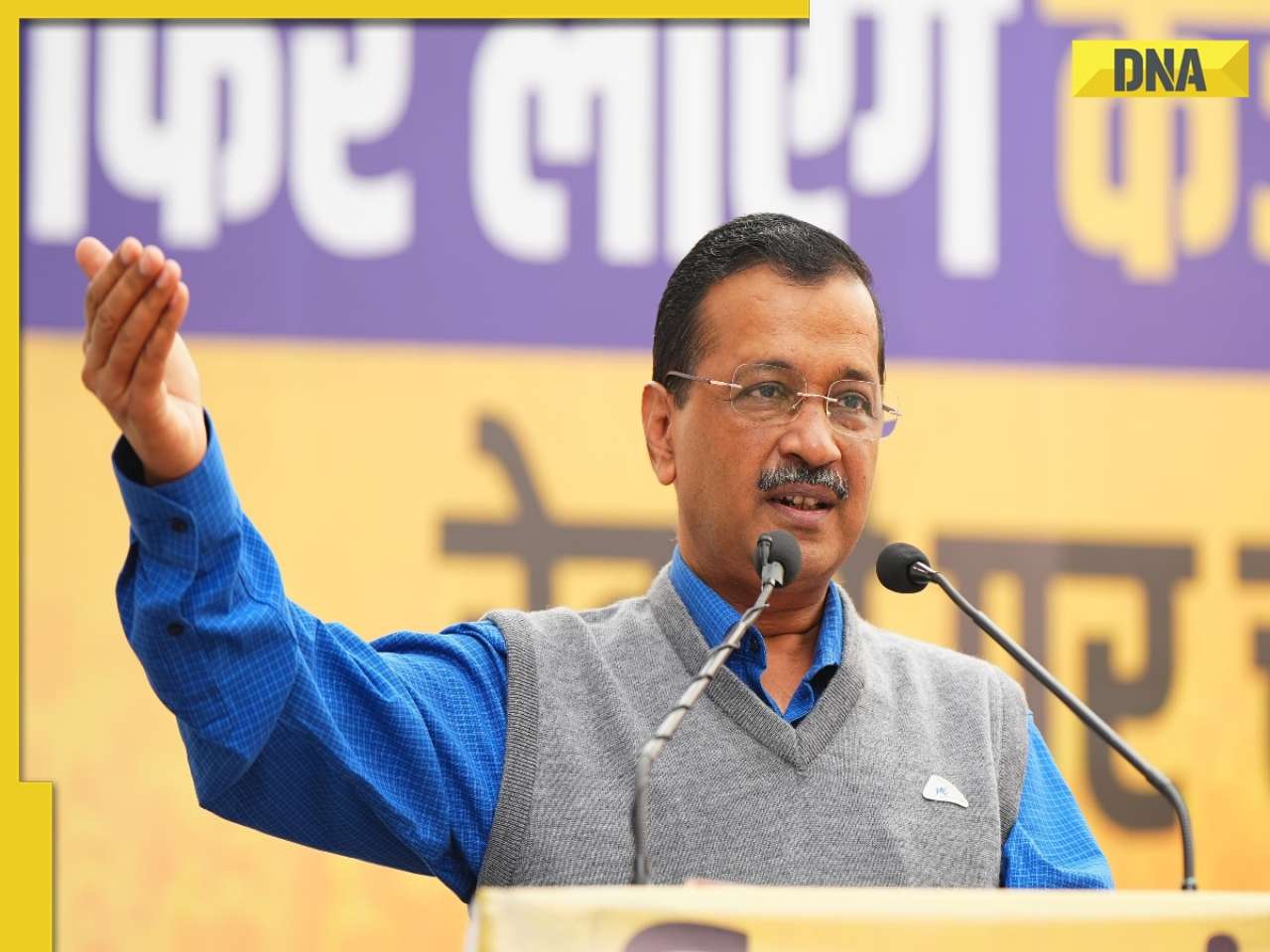- LATEST
- WEBSTORY
- TRENDING
WORLD
Talk of Israel strike on Iran soars but is it bluff?
The US and Israel in particular have never gone to such lengths to suggest that a strike might be imminent.
TRENDING NOW
As tension rises over Iran's disputed nuclear programme, chatter indicating a potential Israeli strike on Iranian nuclear targets has never been higher. But in the smoke-and-mirrors world of Middle East geopolitics, such talk can often be a diplomatic weapon in its own right and sometimes an alternative to genuine action.
To an extent, the recent storm of speculation and newspaper stories are just an escalation in a long-running game of words. Tehran says its programme is purely peaceful, not designed to yield nuclear weapons, but US, Israeli and other Western officials have often warned that, if it continues unabated, Israel might take unilateral action and bomb key facilities.
But the United States and Israel in particular have never gone to such lengths to suggest that a strike might be imminent.
Discussion of potential military and other options - and an increasingly public discussion between the United States and Israel over what to do next - will move further into plain sight on Monday with Israeli Prime Minister Benjamin Netanyahu's visit to Washington to meet President Barack Obama.
While US officials say they want to dissuade Israel from striking, Obama's Republican opponents are eager to paint him as too tough on Israel and too soft on Iran ahead of November's presidential election. Netanyahu wants more US support, including endorsement of any action Israel might take.
"The drumbeat for military action is getting louder," says Michael Denison, research director for London-based consultancy Control Risks and a former senior adviser in Britain's Foreign Office.
"But that doesn't necessarily mean it will happen soon." US officials have repeatedly briefed journalists -including those from Reuters - to say that they no longer know what those in charge in Israel might be planning, and that Washington does not expect advance warning of an attack. European officials say they too are pushing hard to restrain Israel from action that might spark a wider regional conflict, but increasingly fear they will be unable to do so.
Israeli officials have been more reticent, and many recent stories in the Israeli press may in part be lifted from European and US media.
But recently, Israeli officials too have held background briefings in London with businesses and think tanks. Some have gone beyond the usual threatening statements, usually on no options being ruled out, that have come to be expected from Netanyahu and Defence Minister Ehud Barak. The precise message has varied, particularly over the time it might take Tehran to genuinely be able to build a nuclear bomb. But the thrust is clear: As Iran's nuclear enrichment and wider development moves forward and its facilities are dug ever deeper into the ground, time is running out.
Israel, widely believed to harbour the Middle East's only nuclear arsenal, sees Iran's atomic campaign as a mortal threat.
Trailing an attack in advance might have certain advantages, analysts say. Financial markets would be largely prepared, reducing the economic shock. Benchmark Brent crude oil prices have gained some $15 a barrel over the last month to around $125.
Almost all of that, oil experts say, has been down to escalating tensions with Tehran: partly speculation of an Israeli strike, partly the loss of Iranian crude supply due to tightening Western sanctions. But the real agenda, some suspect, is much more about shaping the diplomatic battlefield.
"Barak and Netanyahu think that this (talk of an Israeli attack) is the only tool that gets the players moving," Udi Segal, diplomatic correspondent for Israel's top rated Channel Two television news, said in a commentary last week.
"And even if this is a bluff, it is a bluff that should not be allowed to be ruptured because it makes the Iranians feel fear, the Americans take action, the Europeans impose sanctions, and everyone worry."
If Netanyahu and those around him had genuinely decided to strike, many experts say they would simply do so rather than pre-briefing the media.
Few doubt Israel does have the ability to strike targets deep inside Iran, using either jets, long-range drones or submarine- or land-launched launched missiles. But in reality, it finds itself hugely constrained. A strike could provoke a massive backlash, both diplomatic and through Iranian-backed groups such as Hezbollah in Lebanon and Hamas in the Gaza Strip. Tehran might make good threats to hit international oil tankers in the Strait of Hormuz. Even were such a conflict relatively brief, it could send oil prices rocketing and jeopardise a fragile global economy.
And few experts believe an Israeli strike would put the Iranian weapons programme back more than a few months or years. Worries about the broader impact - particularly from Washington - are seen as having deterred Israel from a strike in 2008-9, another period of heightened speculation.
Instead, Israel, perhaps working with the United States, is believed to have gone for a more covert approach including the computer worm Stuxnet, which affected Iranian nuclear technology. But such attacks are only ever partially effective, experts say, and assassinations of nuclear scientists widely blamed on Israel - which has made no comment on the matter - have also proved increasingly controversial.
"The Israelis do not have any good options and so they are simply sending every signal under the sun," Anthony Cordesman, a veteran former US intelligence official and now chair of strategy at the Washington-based Center for Strategic and International Studies, told Reuters last month. Some experts question to what extent an Iranian bomb would truly be a strategic game changer. Tehran is already believed to have ballistic missiles with chemical warheads able to strike Tel Aviv. Even if Iran successfully assembled the four bombs that Israel says it has the uranium to build, Israel would still have many more, and the ability to inflict much more catastrophic damage. Intelligence experts and officials, some of them Israeli, say it is still far from clear that Tehran has made a final decision to build a nuclear warhead. But the further the nuclear programme moves forward, the quicker Iran could have one should it make that final decision. For a country that has had to fight several times for its survival in the 65 years since it was founded by the survivors of a genocide, the risks may simply be too high. "The important thing is that the Israelis believe it would be an existential threat," said one Western official heavily involved with the Iran issue.
"That is the point. That's really what it has always been about."

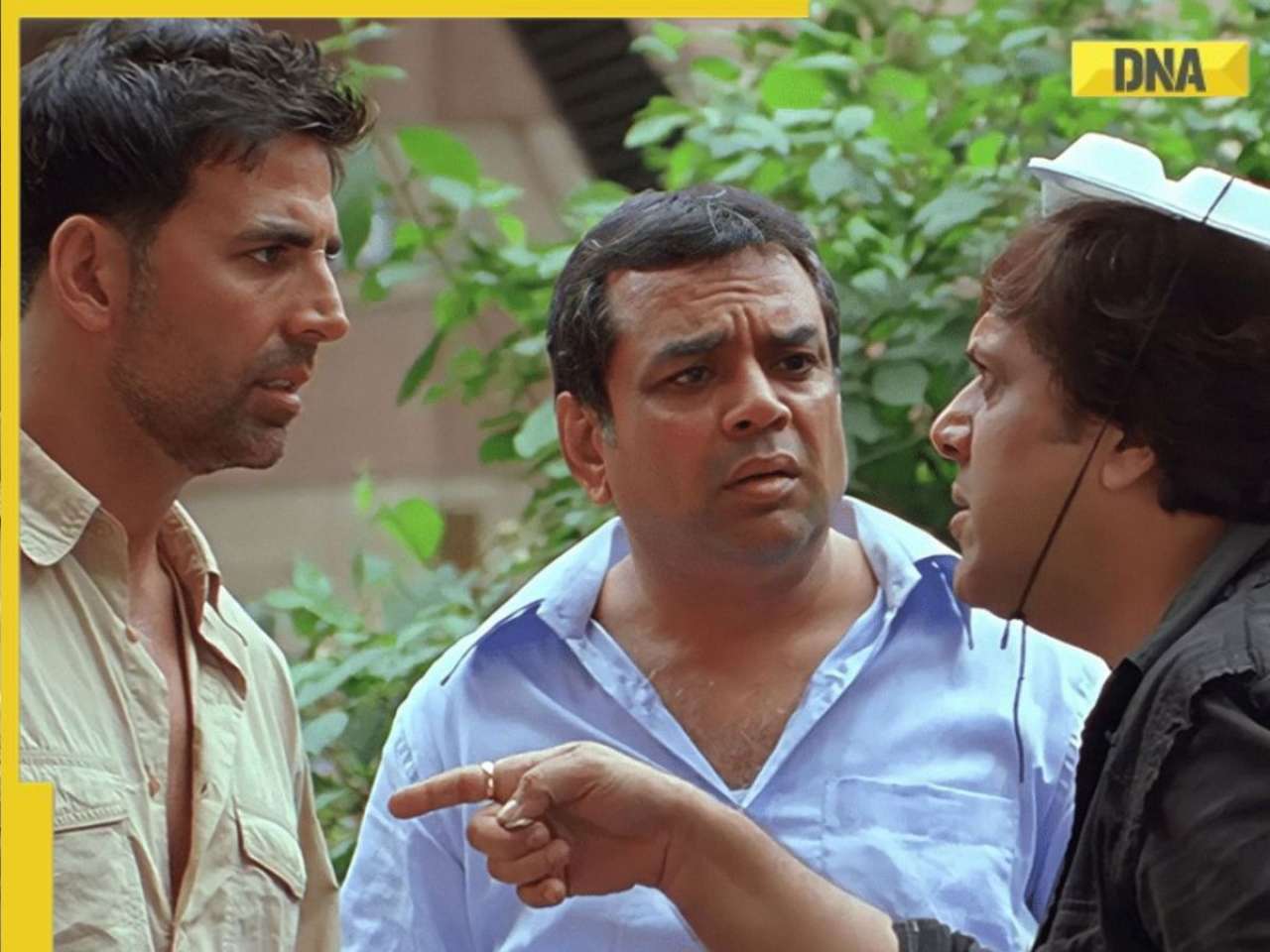






)
)
)
)
)
)
)
)
)
)
)
)
)
)
)





